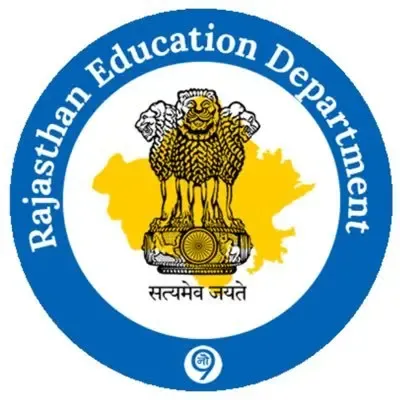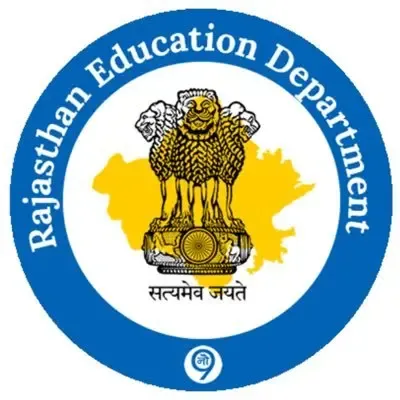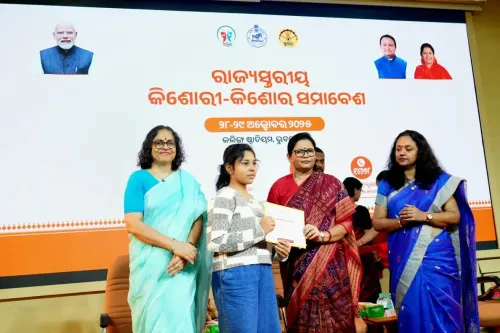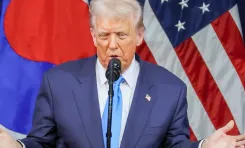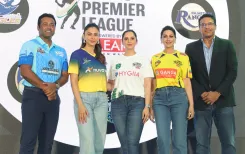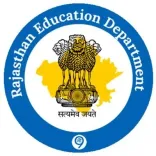What Do India's Padma Awardees Say About Their Recognition and Responsibility?
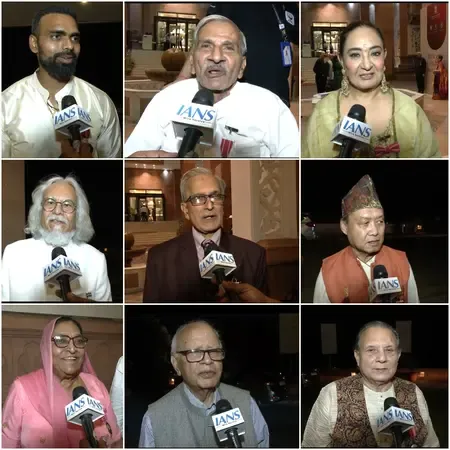
Synopsis
Key Takeaways
- Recognition of Excellence: The Padma Awards honor outstanding contributions across various fields.
- National Pride: Awardees express pride and commitment to serve the nation.
- Inspiration for Future Generations: Their stories motivate others to contribute positively to society.
- Responsibility: Awardees acknowledge the increased responsibility that comes with recognition.
- Commitment to Cultural Heritage: Many awardees focus on preserving and promoting their cultural roots.
New Delhi, April 29 (NationPress) President Droupadi Murmu officially presented the esteemed Padma Awards to 71 remarkable individuals during the Civil Investiture Ceremony at the Rashtrapati Bhawan's Durbar Hall. These awards included four Padma Vibhushan, 10 Padma Bhushan, and 57 Padma Shri honours, celebrating exceptional contributions across various fields.
This ceremony marked the inaugural phase of Padma Award presentations for the year 2025.
In an exclusive conversation with IANS, the Padma Awardees shared their journeys and their dedication to serving the nation.
PR Sreejesh, celebrated for his exceptional goalkeeping in hockey, received the Padma Bhushan in sports. A former Indian hockey goalkeeper and current junior team coach, Sreejesh made history by securing two Olympic bronze medals and being named Goalkeeper of the Year three times.
He expressed his gratitude, stating, "I am deeply honoured to receive this award. I owe this achievement to my teammates who supported me along the way."
In the medical field, Prof. (Dr) Ashok Kumar Mahapatra was bestowed the Padma Shri. An eminent neurosurgeon, he has authored research papers and led numerous projects during his tenure at AIIMS.
Dr. Mahapatra remarked, "I want to extend my gratitude to the government. Receiving a Padma award in India is a significant milestone. I dedicated 22 years to AIIMS as a professor and dean, and after retirement, I served as the vice-chancellor of a research institute in Odisha."
Vinod Kumar Dham, known as the 'Father of Pentium', was honoured with the Padma Bhushan in science and engineering. His vision in developing the Pentium microprocessor revolutionized computing globally.
He commented, "This award symbolizes India's advancement. Under Prime Minister Modi's leadership, the nation is swiftly progressing in technology. The Digital India initiative is expansive, encompassing various aspects. Utilization of technology can significantly benefit humanity, especially in semiconductors, AI, and quantum technology."
Naren Gurung, awarded the Padma Shri in arts, has revitalized Sikkim's cultural heritage through his artistic contributions.
He stated, "It was a privilege to celebrate this occasion with the President and Prime Minister. My work in folk art and literature aims to pass on Sikkim's cultural richness to future generations."
Suresh Harilal Soni, who established the Sahyog Kushtha Yagna Trust in Gujarat, received the Padma Shri in social work. Since its inception in 1988, the trust has provided support and dignity to over 1,500 individuals.
Soni noted, "Our organization relies solely on donations from the community. We provide love and support to those in need, which has fostered deep bonds with them."
Dr. Jaspinder Narula Kaul, a celebrated playback singer, received the Padma Shri in art. Her musical repertoire spans various languages and styles.
She reflected, "This award is the culmination of 50 years of dedication to my craft. It is a spiritual journey that requires wholehearted devotion."
Adwaita Charan Gadanayak, a renowned sculptor, was also honoured with the Padma Shri in art. He emphasized the increased responsibility that comes with such recognition.
He stated, "This award compels me to think about our country and to share our artistic heritage with the world, starting from our villages."
Nirmala Devi, a patron of Sujni craft, received the Padma Shri for her exquisite embroidery work, showcased from Bihar to museums in London.
She expressed her joy, saying, "I am thrilled to receive this award for my artistic contributions to sarees."
Dr. Madugula Nagaphani Sarma, awarded the Padma Shri in art, is a revered Sanskrit and Telugu poet known for revitalizing the art of Avadhanam.
He shared, "I have dedicated 52 years to this art form, answering queries from over 2,000 scholars. Receiving this award brings me immense joy."
Tushar Durgeshbhai Shukla received the Padma Shri in literature and education. He keeps the Gujarati language alive through his poetry and songs.
He stated, "With this recognition, I feel a greater responsibility to bridge the gap between society and administration through my writing."
Pandit Ronu Majumdar, a globally acclaimed flautist, was awarded the Padma Shri for popularizing the flute among youth.
He remarked, "This award is a tribute to my 50 years of dedication to the flute. I dedicate it to my gurus and mother."
Dr. K. Damodaran, a chef pivotal to Tamil Nadu's mid-day meal scheme, received the Padma Shri in culinary arts.
He shared, "Over my 40-year career, I have employed 8,000 people. This award is dedicated to my students and upcoming chefs."
Dr. Surinder Kumar Vasal, awarded the Padma Shri in science and engineering, contributed to the Suwan-1 maize variety and the World Food Prize.
He declared, "This award signifies the importance of my work in ensuring food and nutrition security."
Both Professor Bharat Gupta and Begum Batool were also awarded the Padma Shri in arts. They expressed their gratitude, stating, "We thank the nation and hope for more investment in preserving our artistic heritage."

